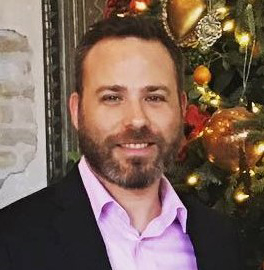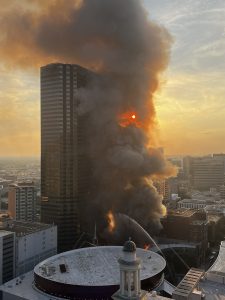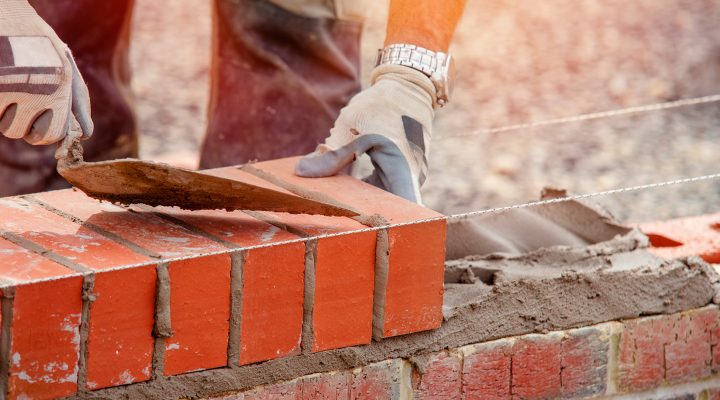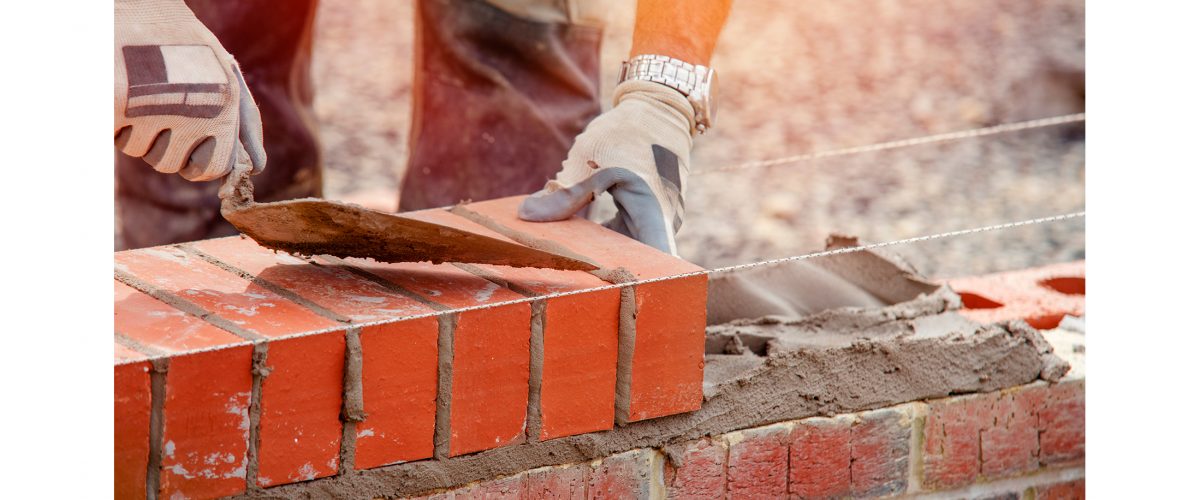The past week has been a roller coaster of emotions. Every time I’ve refreshed a news app or checked my social media feed, something shocking and groundbreaking has occurred.
In a world where the words “breaking news” have felt cliché, this week seemed to double down on drama.

Jonathan Greer
One story felt especially personal for me. I began receiving texts and messages from friends on Friday night as news broke that the historic sanctuary at First Baptist Church of Dallas was engulfed in flames. I have a rather unique obsession with First Baptist Dallas. I watch their flagship program, “Pathway to Victory,” almost weekly and keep up with their senior pastor’s appearances on news programs.
Texas is one of those states where the lines between church and state seem to blur, and Robert Jeffress always seems to find himself in the public square when conflicts arise.
My personal obsession with the church began in 2008, when news outlets reported an upcoming sermon series would be titled, “Why Gay is Not OK.” The title itself was purposely chosen for controversy, an early version of what internet culture has dubbed “clickbait.” And it worked, at least for me.
“I sat with a few gay friends in the historic sanctuary and took copious notes throughout the sermon.”
As a gay man who grew up in a Southern Baptist church in San Antonio, I was curious how Jeffress would address homosexuality with his faith community. I sat with a few gay friends in the historic sanctuary and took copious notes throughout the sermon.
I’m not sure what I had planned to do with those notes and I’m pretty sure they landed in my recycling bin after a few months. What I heard in that sermon was nothing new. I had grown up hearing how my “lifestyle choice” was sinful. My sexual orientation was “unbiblical” and “ungodly.”
That day, I thought I would be filled with rage as those tired tropes once again were wielded against me and my siblings within the LGBTQ community. And although I wasn’t surprised Jeffress used the scriptural claw machine to cherry pick particular verses to damn me to eternal separation from God, I couldn’t find much vitriol or hatred for the man. Through the years, hatred never has crossed my mind when thinking of Robert Jeffress or those who ascribe to his teachings. Instead, I just feel sadness and sorrow.

View of smoke and flames rising from the historic sanctuary of First Baptist Church of Dallas July 19. (BNG photo)
As I refreshed my phone Friday night, I initially felt great fear that the fire might have been arson. We don’t yet know the cause of the fire, but in a world so filled with violent rhetoric and actions, my great hope is that no one was so enraged as to set fire to the historic sanctuary.
And I do want to make clear that I never would condone or support violent acts against First Baptist Dallas. Yet I do wonder if that congregation ever has truly grappled with the harm and trauma they’ve caused through the years that has led many in the LGBTQ community to disdain them.
I know several people who have a deep history with First Baptist Dallas. Some have had grandparents and relatives who were lifelong members. Some were married there. Some continue to attend or even work there. Their posts and comments over the weekend of their cherished memories of that community have reminded me that faith communities have lasting impacts on our lives. But I’ve also seen numerous posts and comments from LGBTQ individuals whose memories and thoughts about the church are filled with hurt.
Early reports indicate the fire started in the church basement, where the library and church records were kept. I wonder what narratives those histories tell. How did the faith community respond to the erection of the Confederate War Memorial in 1897 just a few blocks from its historic sanctuary? How did the faith community respond to the passage of the Civil Rights Act of 1964? How did the faith community respond to the Obergefell ruling of 2015?
Being a follower of Christ is not easy, and anyone who has told you otherwise has been lying to you. Multiply that difficult path of discipleship to include all the congregants in a megachurch, and you’re bound to find a history that is messy and perhaps full of some regrets.
The notorious segregation speech delivered by W.A. Criswell at the South Carolina Legislature in 1956 is an important touchstone for where First Baptist Dallas leadership took an ungodly path. I witnessed Jeffress attempt to reckon with that past at a panel discussion a few years ago. The past is littered with mistakes and missteps, but acknowledging them and recommitting to a more Christ-like future is a crucial process.
“Evangelical preachers will offer a veneer of love and care when they talk about sexuality and gender issues, but if you scrape away the gloss, the rhetoric and sentiment is just as damning and oppressive as the fire and brimstone messages of their ancestors.”
Sunday, Jeffress addressed his congregation at the Kay Bailey Hutchison Convention Center. He told the those gathered they would rebuild the sanctuary and stay true to the truth they found in God’s word. It was an inspirational message given to a receptive audience. But I had to stop and wonder what “God’s word” means to the leadership of this faith community. Scripture is a rich treasure of stories, artistic expression, oral histories and letters of people trying to figure out the great mystery of why we were created and what is our purpose.
I have found so much inspiration and meaning through Scripture over the years. Studying under brilliant scholars at Brite Divinity School has helped unlock possibilities and understandings of texts that gave me a deeper insight into the love that will not let me go. But I also carry with me the trauma of having Scripture used to belittle and debase my life and my existence.
Evangelical preachers will offer a veneer of love and care when they talk about sexuality and gender issues, but if you scrape away the gloss, the rhetoric and sentiment is just as damning and oppressive as the fire and brimstone messages of their ancestors. Perhaps most galling is the constant use of specific texts to prove a “biblical” and “authoritative” view when the omission of other passages would create a more complicated and nuanced message.
My hope in the coming days and weeks is that the leadership of First Baptist Dallas might take seriously all the memories and thoughts being shared about their faith community, not just the positive ones.
I share in the sadness of the loss of a historic place of worship, but I also hold sorrow that its rebuilding will continue a cycle of pain and trauma for LGBTQ individuals. Some of those individuals are likely sitting in the pews Sunday after Sunday, confused about why an all-loving God would create them to be anything less than good.
There is good news to be found in Scripture, but it requires turning away from a claw machine strategy and understanding the deeper context, including the voices who are crying out in our sacred stories, yearning to be heard.
Jonathan Greer is a recent graduate of Brite Divinity School, where he received a master of divinity degree with a certificate in women and gender studies. He was born in raised in San Antonio and earned a bachelor’s degree in church music and a master’s degree in music history from Baylor University. He is a founding member and board member of Vox Peregrini, a pilgrimage choir. Jonathan lives in Dallas and is currently seeking ordination at Royal Lane Baptist Church.
Related article:


